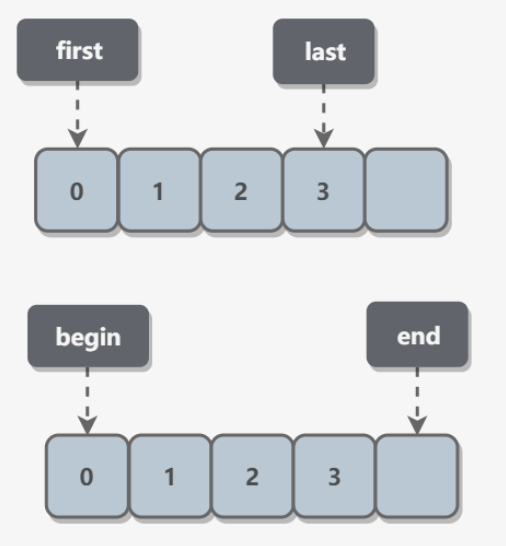代码规范
代码可读性
只有在核心领域为了效率才可以放弃可读性,否则可读性是第一位。
| 单词 | 可替代单词 |
|---|---|
| send | deliver、dispatch、announce、distribute、route |
| find | search、extract、locate、recover |
| start | launch、create、begin、open |
| make | create、set up、build、generate、compose、add、new |
布尔相关的命名加上 is、can、should、has 等前缀。
- 用 min、max 表示数量范围;
- 用 first、last 表示访问空间的包含范围;
- begin、end 表示访问空间的排除范围,即 end 不包含尾部。

排列整齐的注释:
cpp
int a = 1; // 注释
int b = 11; // 注释
int c = 111; // 注释不能因为有注释就随便起个名字,而是争取起个好名字而不写注释。
| 标记 | 用法 |
|---|---|
| TODO | 待做 |
| FIXME | 待修复 |
| HACK | 粗糙的解决方案 |
| XXX | 危险!这里有重要的问题 |
编写注释要简洁明了,可以添加测试用例:
cpp
// Student's name -> Student's score
Map<String, Integer> scoreMap = new HashMap<>();
// ...
// Example: add(1, 2), return 3
int add(int x, int y) {
return x + y;
}控制流的可读性:左侧是变量,右侧是常数。
只有在逻辑简单的情况下使用 ? : 三目运算符来使代码更紧凑,否则应该拆分成 if / else;
do / while 的条件放在后面,不够简单明了,并且会有一些迷惑的地方,最好使用 while 来代替。
避免使用 goto。
长表达式的可读性很差,可以引入一些解释变量从而拆分表达式:
cpp
username = line.split(':')[0].strip()
if username == "root":
...